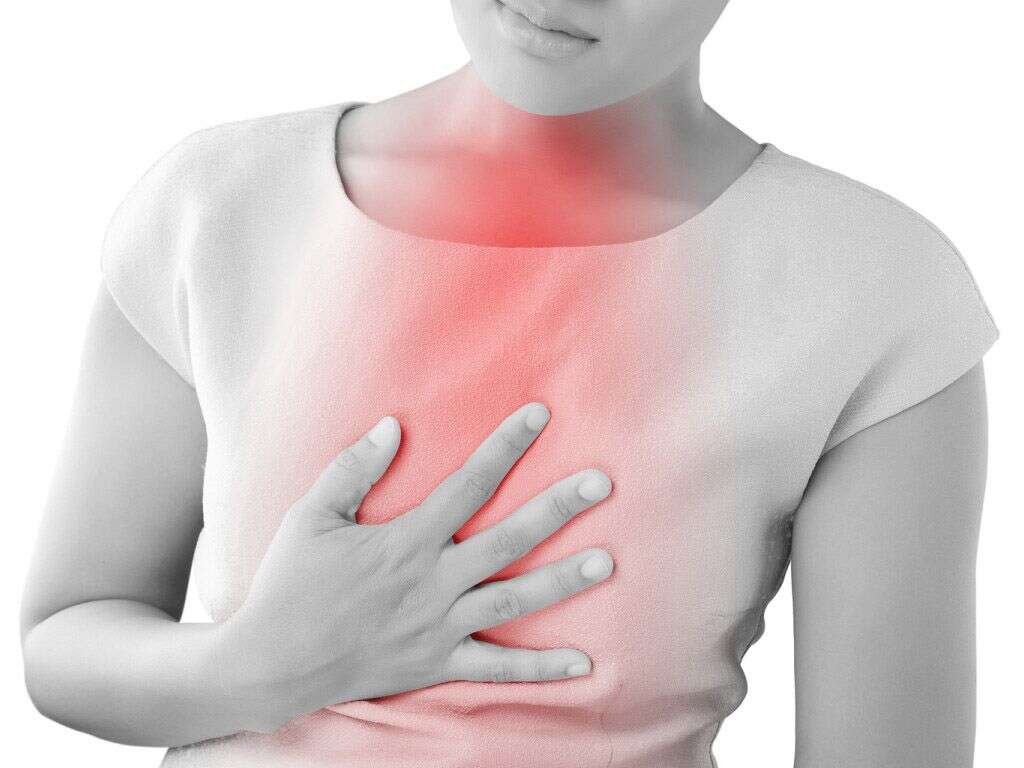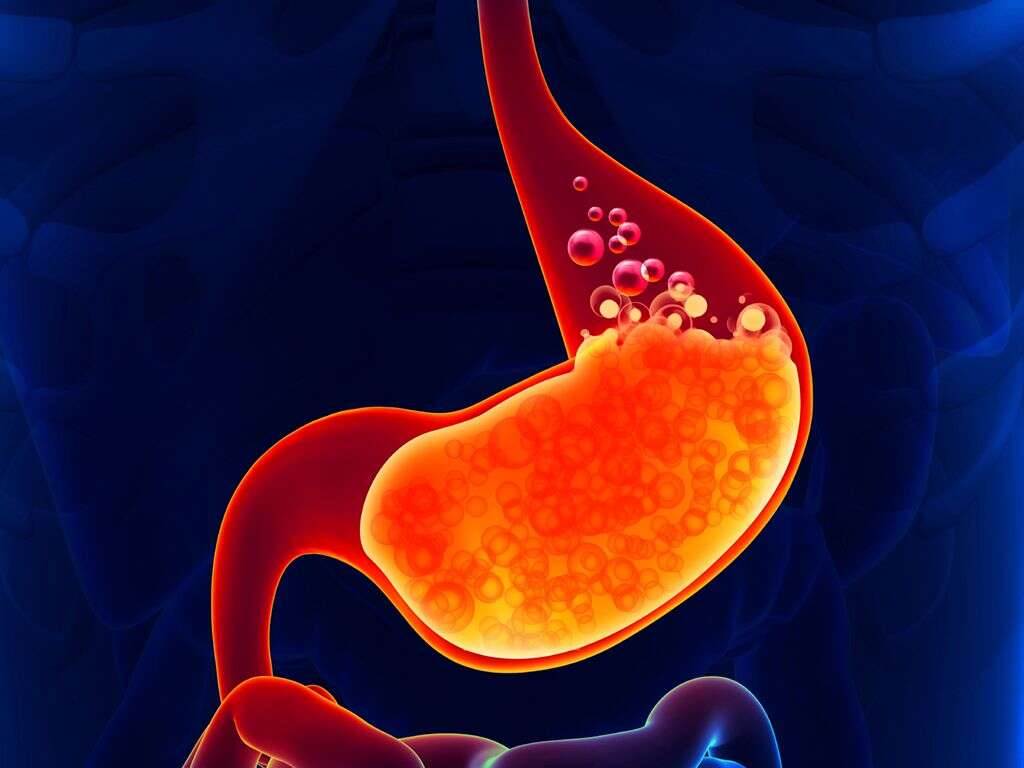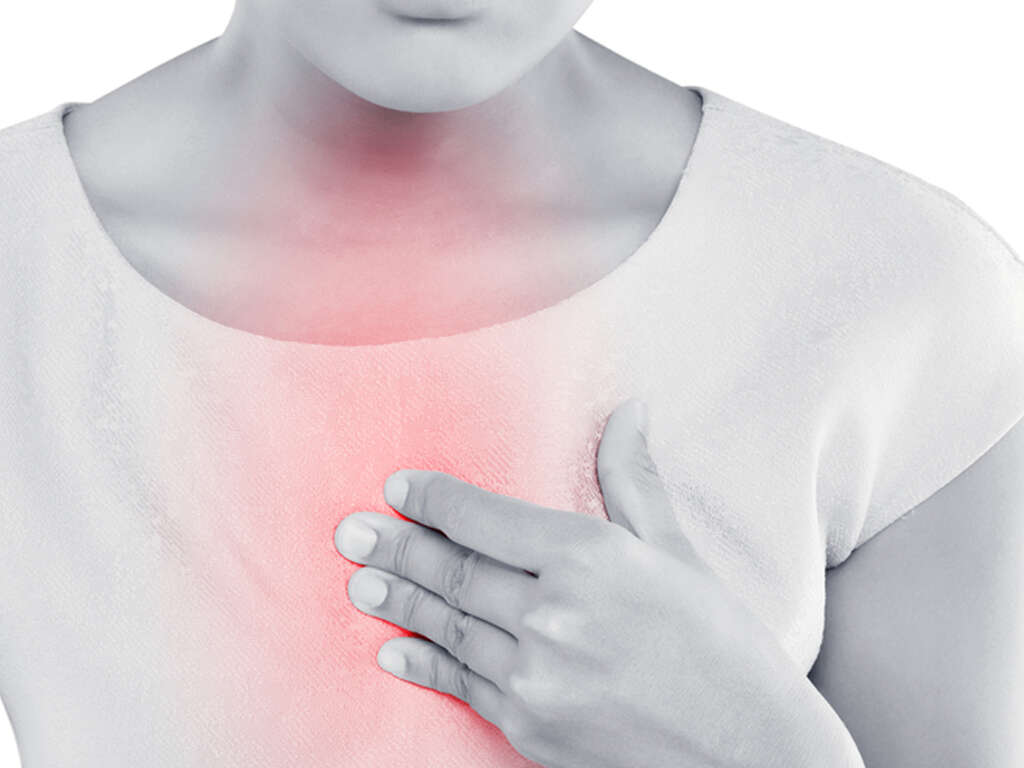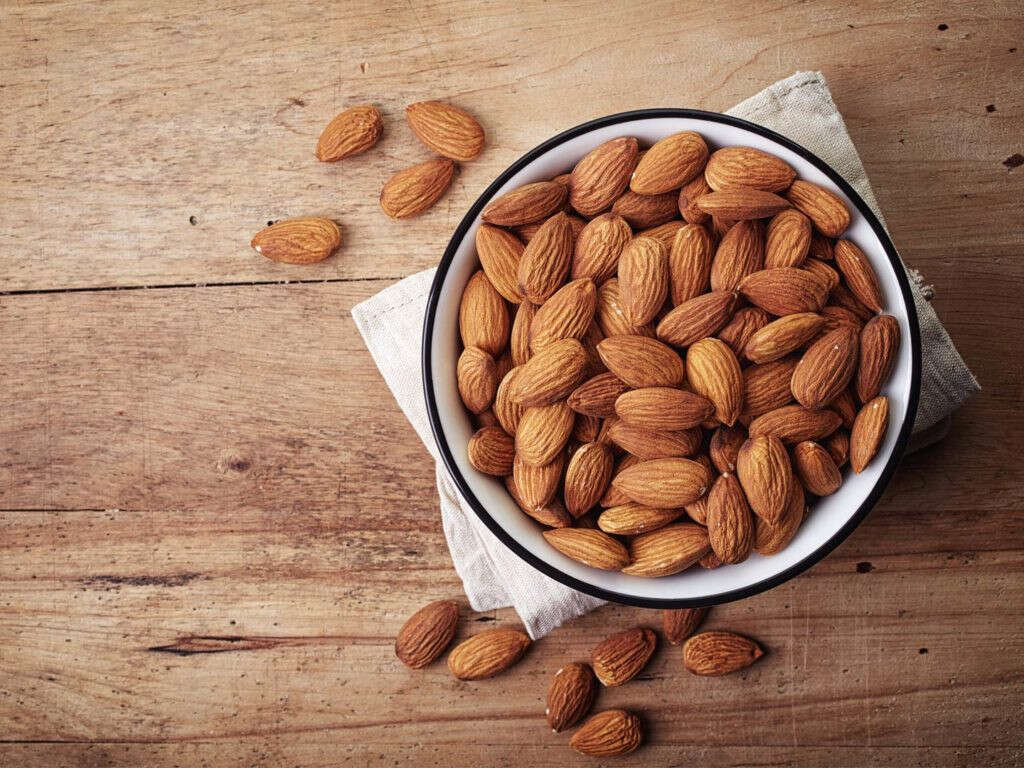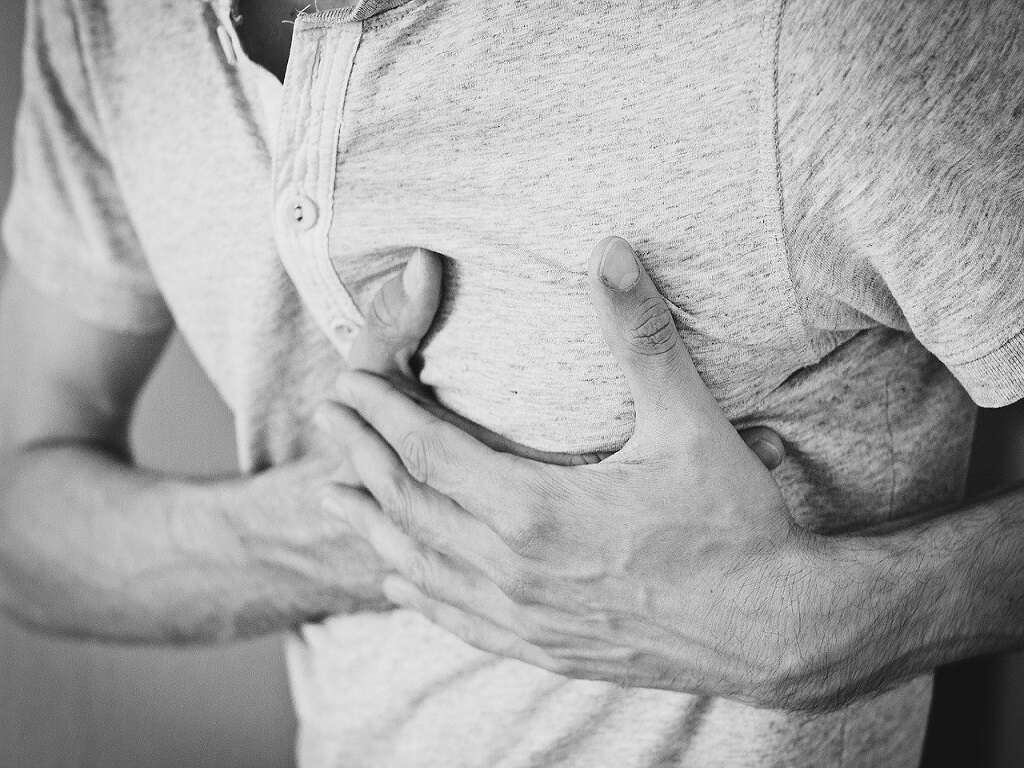What Causes GERD?
A lot of us have experienced that burning sensation in the throat after having recently eaten something. It is a fairly common condition known as heartburn, which is known technically as gastroesophageal reflux disease (GERD). It is not usually something to worry about, but that doesn’t make it any less uncomfortable.
By far the best way to treat the symptoms of GERD is to make sure they don’t happen in the first place. While this is not always possible, there are various triggers that can be avoided if you know what they are. This can help to make you a great deal more comfortable, while hopefully avoiding the need for medication.
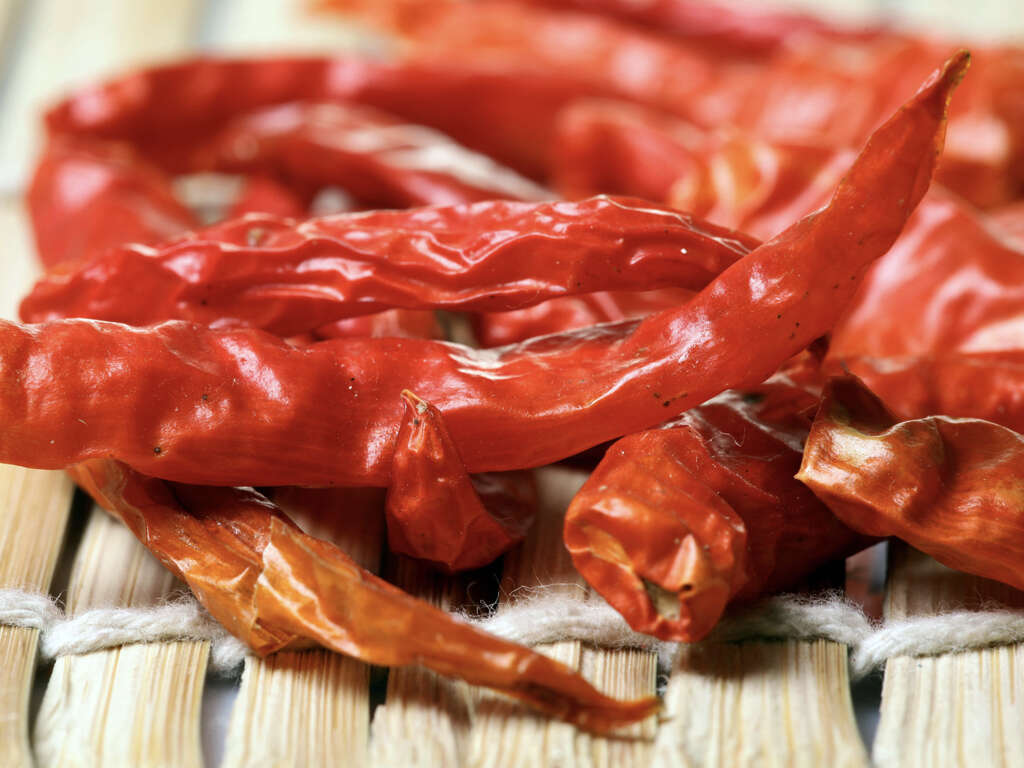
1. Sphincter
Our stomachs contain digestive juices that are slightly acidic enough to help us to break down the food that we eat. Because they can dissolve organic matter, our digestive juices can dissolve our own bodily tissues, but our stomachs are protected against its caustic nature.
While our stomachs are protected, our esophagus is not. This is not usually a problem because a circular muscle known as the esophageal sphincter closes tight to prevent the juices from escaping. If this muscle does not close tight enough, then stomach juices are able to escape from the stomach and into the unprotected esophagus.
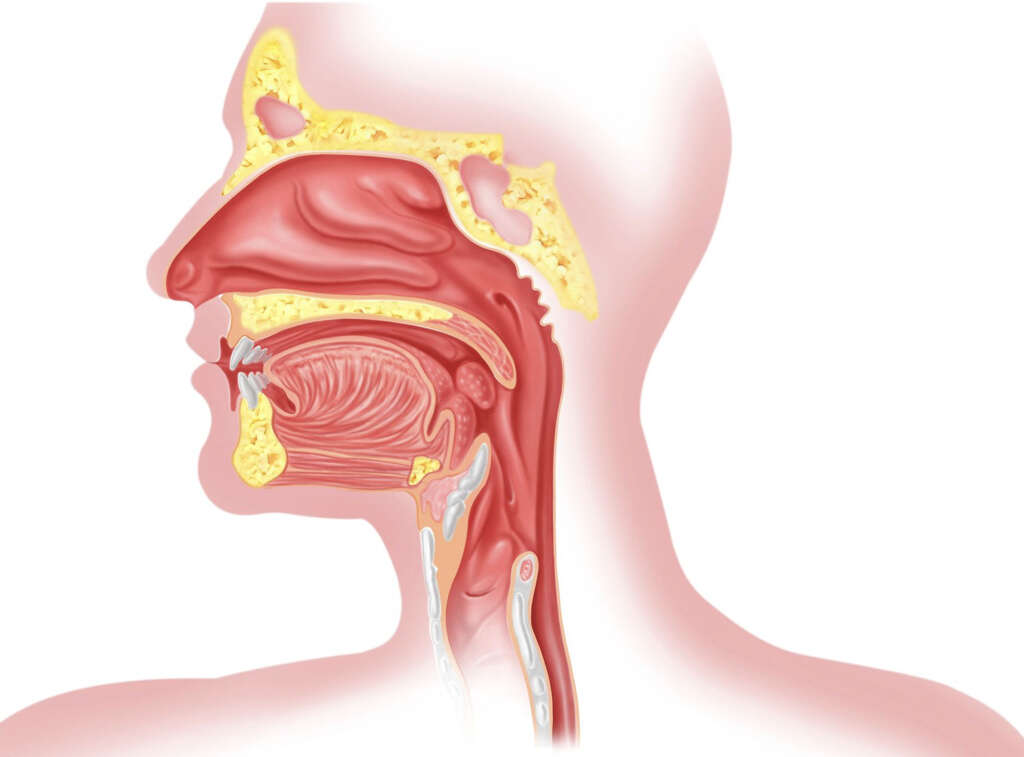
2. Medication
There are various possible reasons you have GERD, and medication is one of them if you are taking any. Some types can irritate the digestive system, while others can relax the esophageal sphincter, both of which can result in our digestive fluids passing out of the stomach and into the esophagus.
Medications that can do this include muscle relaxants, and medication for treating high blood pressure. Some painkillers such as ibuprofen and aspirin can also cause the problem. If you do suspect that medication is causing the problem, and it is too uncomfortable, you should speak with your doctor.
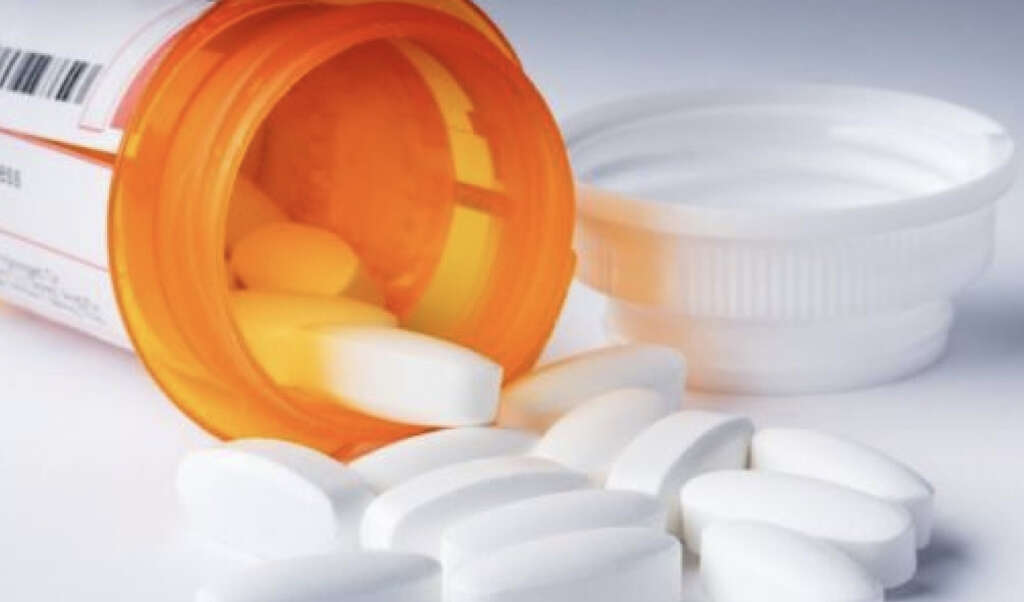
3. Certain Foods
Different people are able to handle different types of food in different ways to others. Some people, for example, can handle very spicy food no problem. Others will have some very uncomfortable side effects even after eating a mildly spicy food. We tend to know which ones we can handle, and we also tend to know which ones cause GERD.
Spicy foods can cause GERD in quite a lot of people, as can some fatty foods. Other people will have problems with onions and/or tomato, and chocolate can cause the symptom for some unfortunate people. Keeping a diary of what you eat can help you to recognize which food you should avoid.

4. Certain Drinks
If GERD is a problem for you then you might need to avoid drinking certain drinks as well as foods. The wrong types can cause symptoms that are just as bad, or even worse. For example, caffeine can irritate the stomach lining and this can result in digestive juices passing through the esophageal sphincter.
Thus, caffeinated beverages like tea and coffee should be avoided by some people. Alcoholic drinks are also a problem for some people, while different types of alcoholic beverage can cause different levels of symptoms than others. As with food, keeping a diary of which drinks you consume can help you identify which ones are problematic for you.

5. Smoking
If you are a smoker then there are numerous reasons why you should try and quit the habit. It can cause considerable health problems in the short term and in the long term, and potentially shorten the patient’s life considerably. One of the many symptoms that smoking can cause is GERD.
When we smoke, nicotine is sent surging through our blood stream, and nicotine is a relaxant. Its relaxing properties can cause our muscles to relax, and the esophageal sphincter is no exception. With the muscle released, digestive juices are able to leak out, and this can result in heartburn.
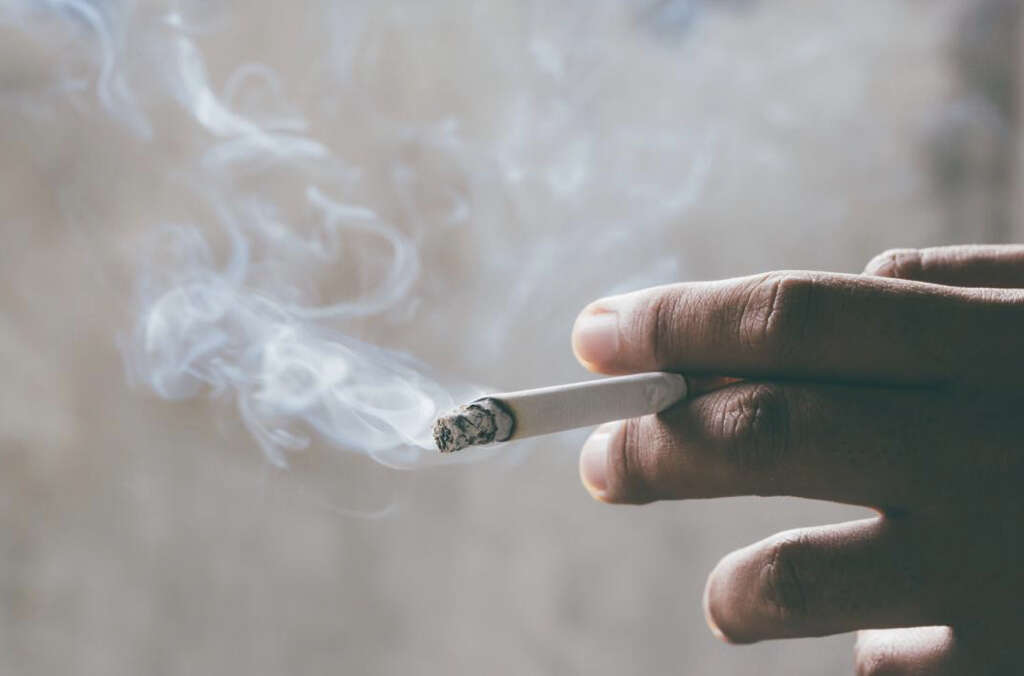
6. Pregnancy
During pregnancy, a woman’s body will be undergoing a number of changes in order to help nourish and protect the developing fetus. One of the changes includes a change in hormonal levels. In some pregnant women, the changes in hormonal levels can result in the esophageal sphincter relaxing. This can result in heart burn.
In addition, as the uterus expands as the fetus develops, it can begin to push up on the stomach, encouraging digestive juices to be forced through the sphincter. Medication is available that will help to relieve the symptoms, but pregnant women should always be careful about which medication they are using.

7. Obesity
People that are obese are likely to experience a number of unwelcome symptoms involving the digestive system. For a lot of obese people, one of these symptoms is GERD. It is thought that the reason for this is that excess belly fat causes pressure to be placed on the stomach.
This pressure can then force the digestive juices through the esophageal sphincter, where they will cause the burning sensation. Regardless of whether or not you experience GERD, it is a good idea to try and reach a healthy weight if you are obese. Doing so can give you a considerable health boost both in the short term and in the long term.
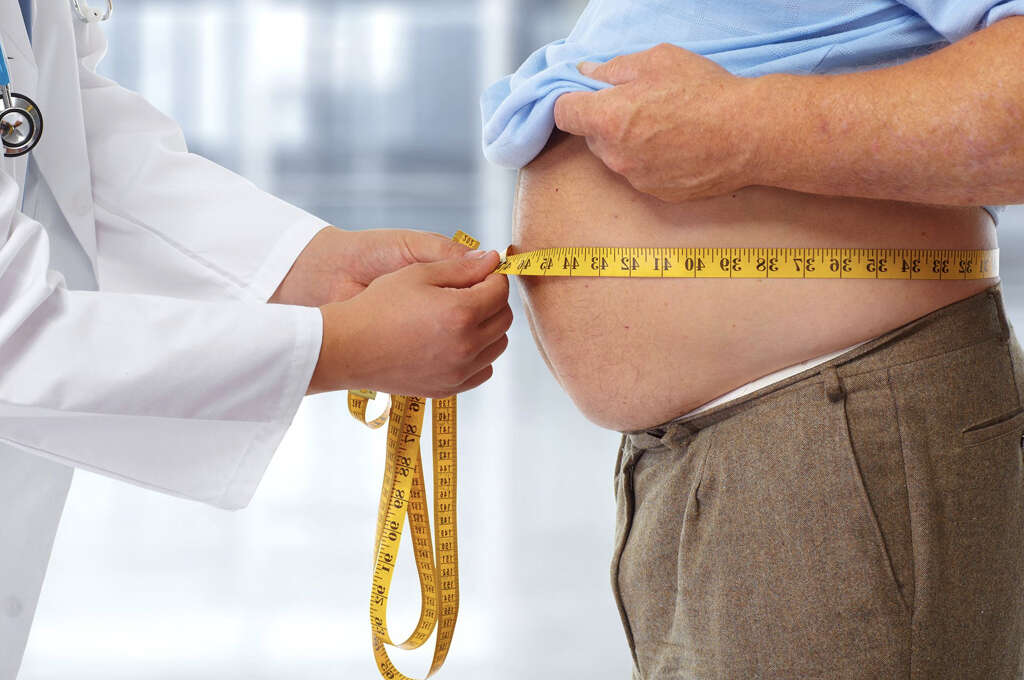
8. Midnight Snacks
It is not usually recommended, but there are times when the temptation to enjoy a midnight snack is just too great to resist. Unfortunately, this can cause problems like indigestion, and some people will also suffer from GERD. If you are hungry, however, then there is little choice but to get something to eat regardless of symptoms.
In order to try and prevent this, try and have something to eat 2-3 hours before you go to bed. This should hopefully prevent indigestion and GERD, while also preventing the hunger that would send you to the fridge. Some midnight snack foods are also less likely to cause problems than others.
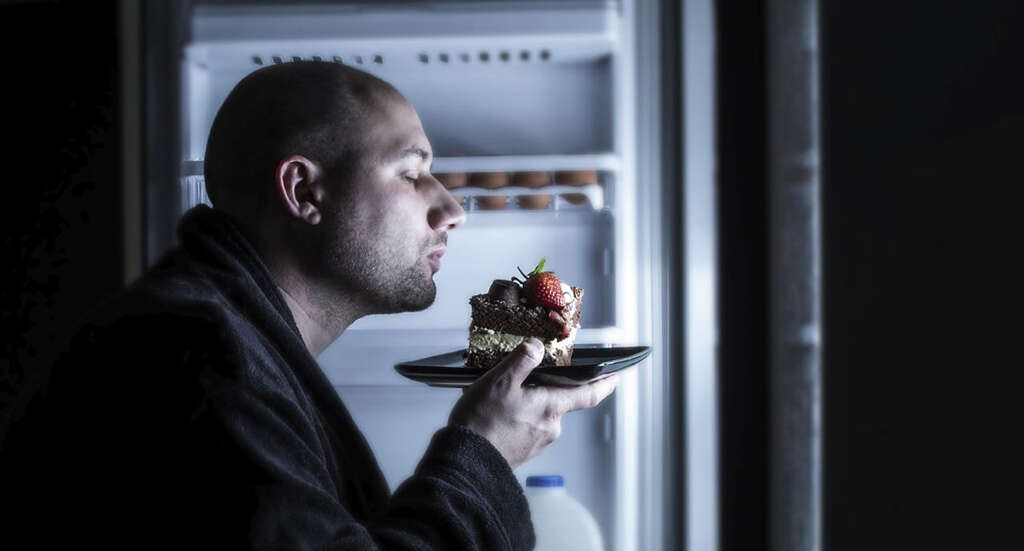
9. Eating Large Meals
Food is so delicious that it can be difficult for us to say no when we have already had enough. This can cause us to eat to the point when we cannot physically take on any more, expanding our stomachs to their full capacity. This can result in some discomfort for some people, and it can result in GERD.
With too much food in the stomach, any fluids present may be forced out of the esophageal sphincter, and this can result in GERD. Instead of feasting on one or two large meals a day, it is better if we can eat a number of smaller meals throughout the day. In addition to stopping GERD and indigestion etc, it can also help to reduce our calorie intake overall.
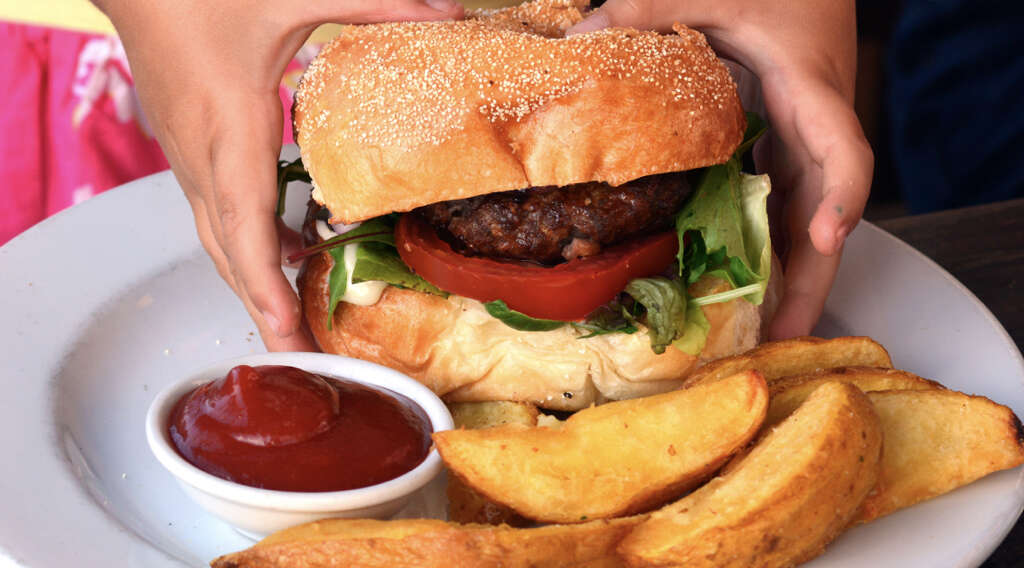
10. Hiatal Hernia
The hiatus is a hole in the diaphragm that allows the esophagus to pass through so it can connect to the stomach. In a small number of cases, the stomach can be forced through the hiatus, in what is known as a hiatal hernia. The condition is not usually serious and a lot of people will not even be aware that they have it.
In a hiatus hernia, the top part of the stomach can be forced through the hiatus. This can result in pressure being put on the esophageal sphincter, and this can cause digestive juices to be forced through.




